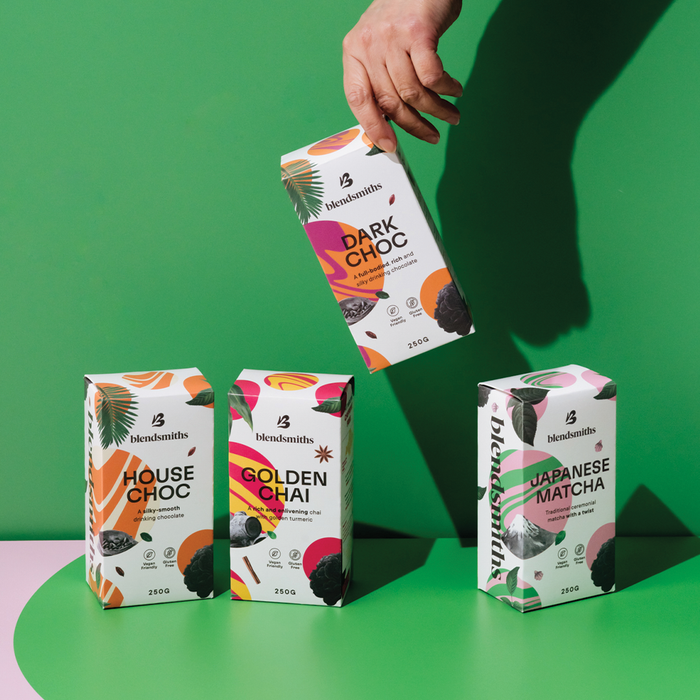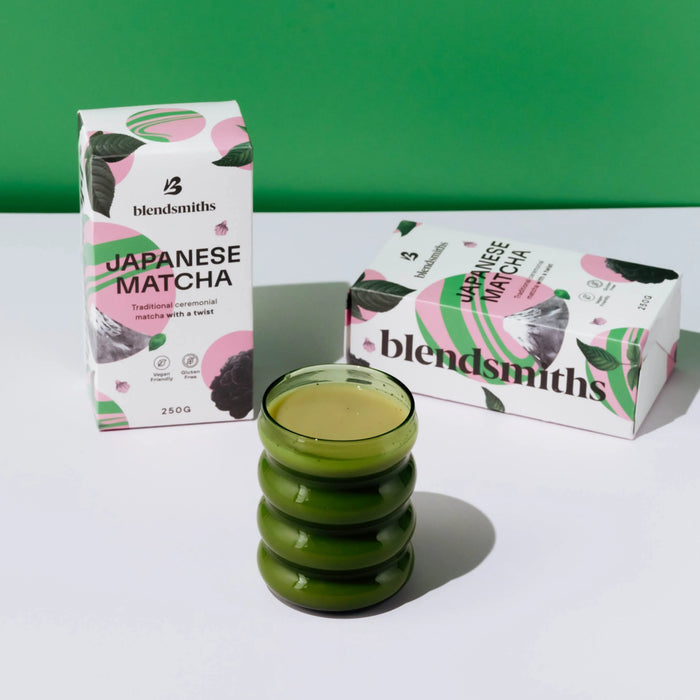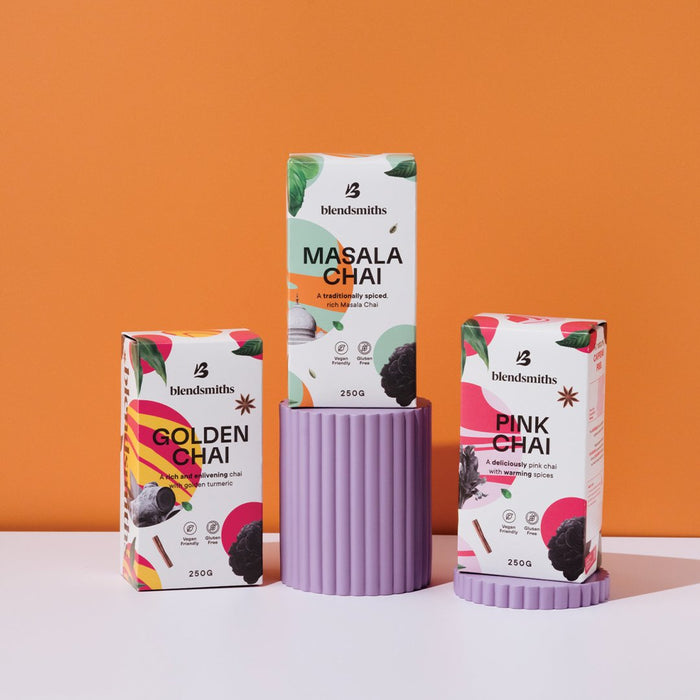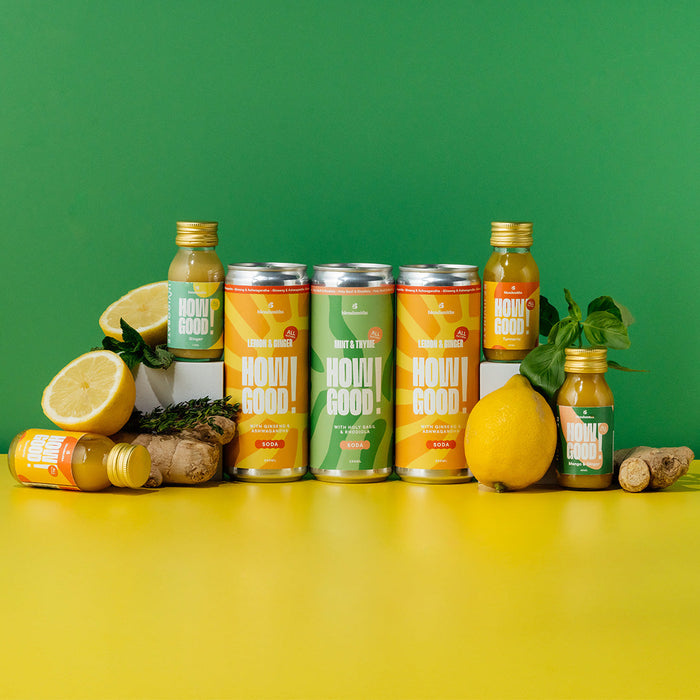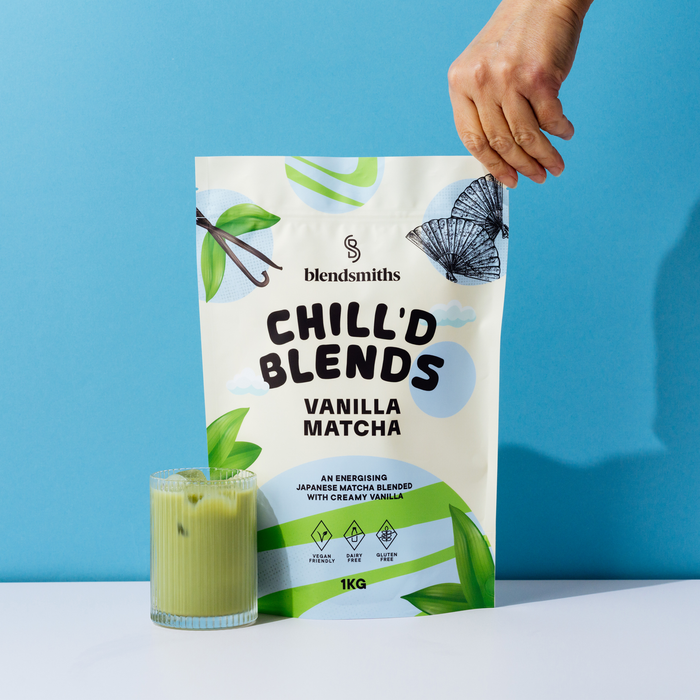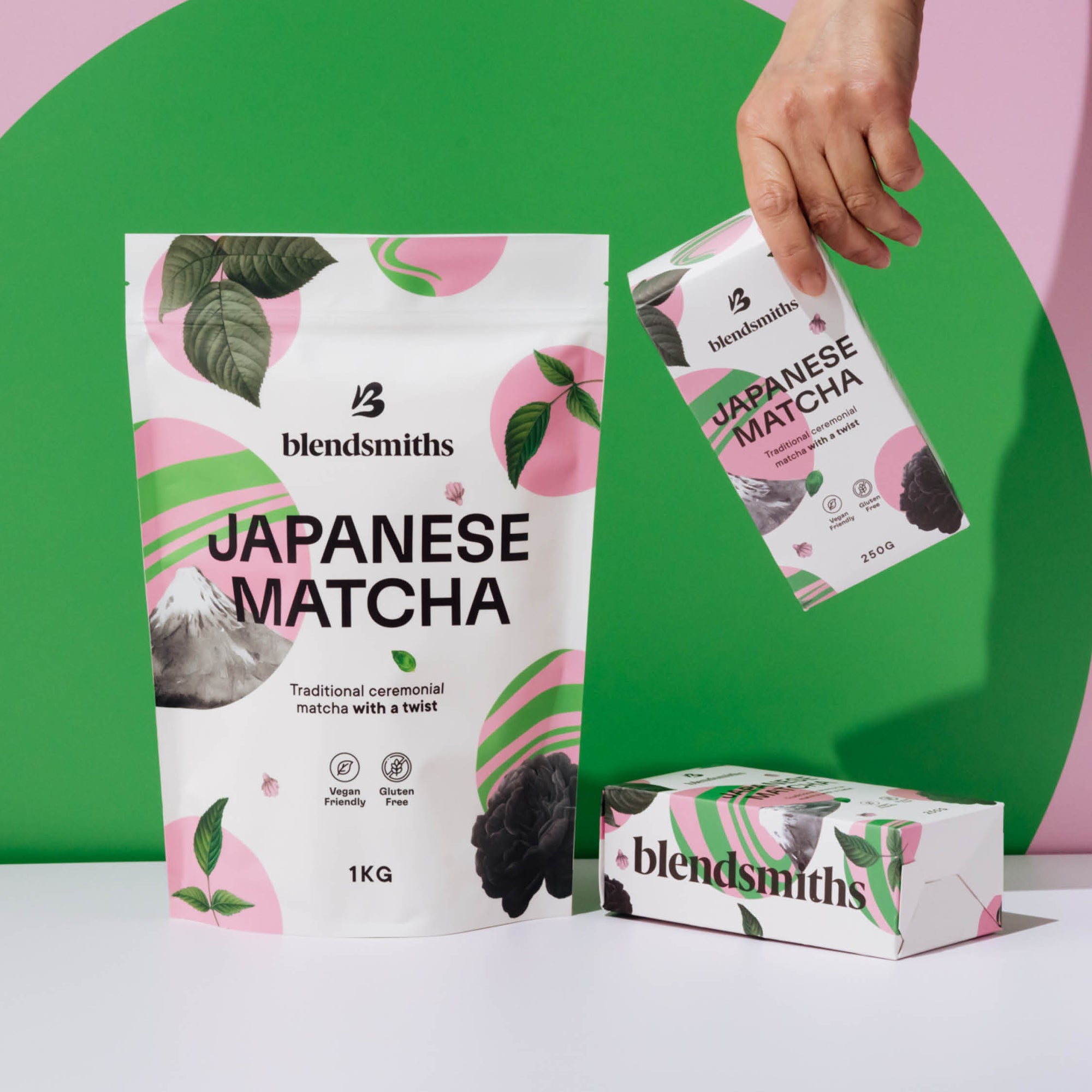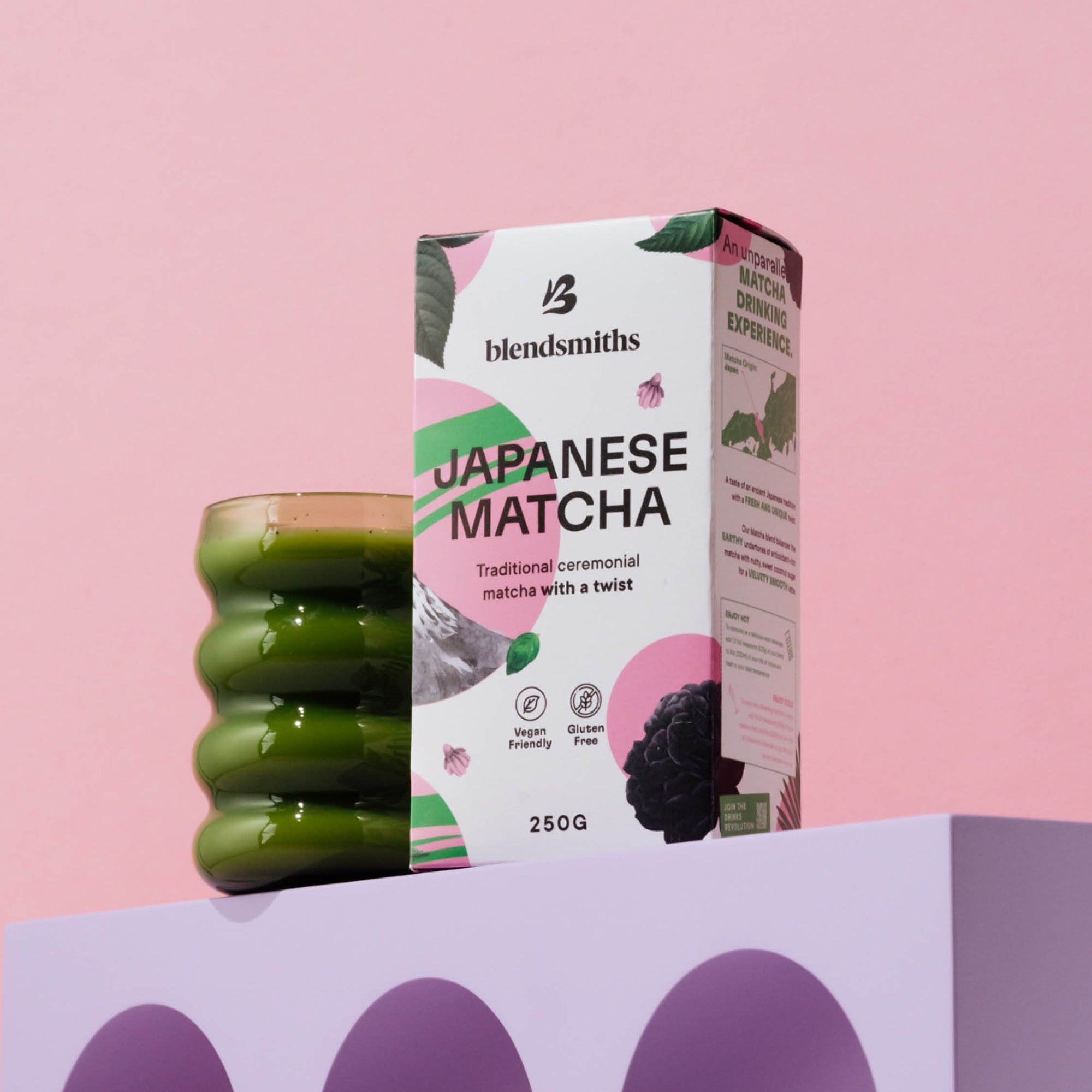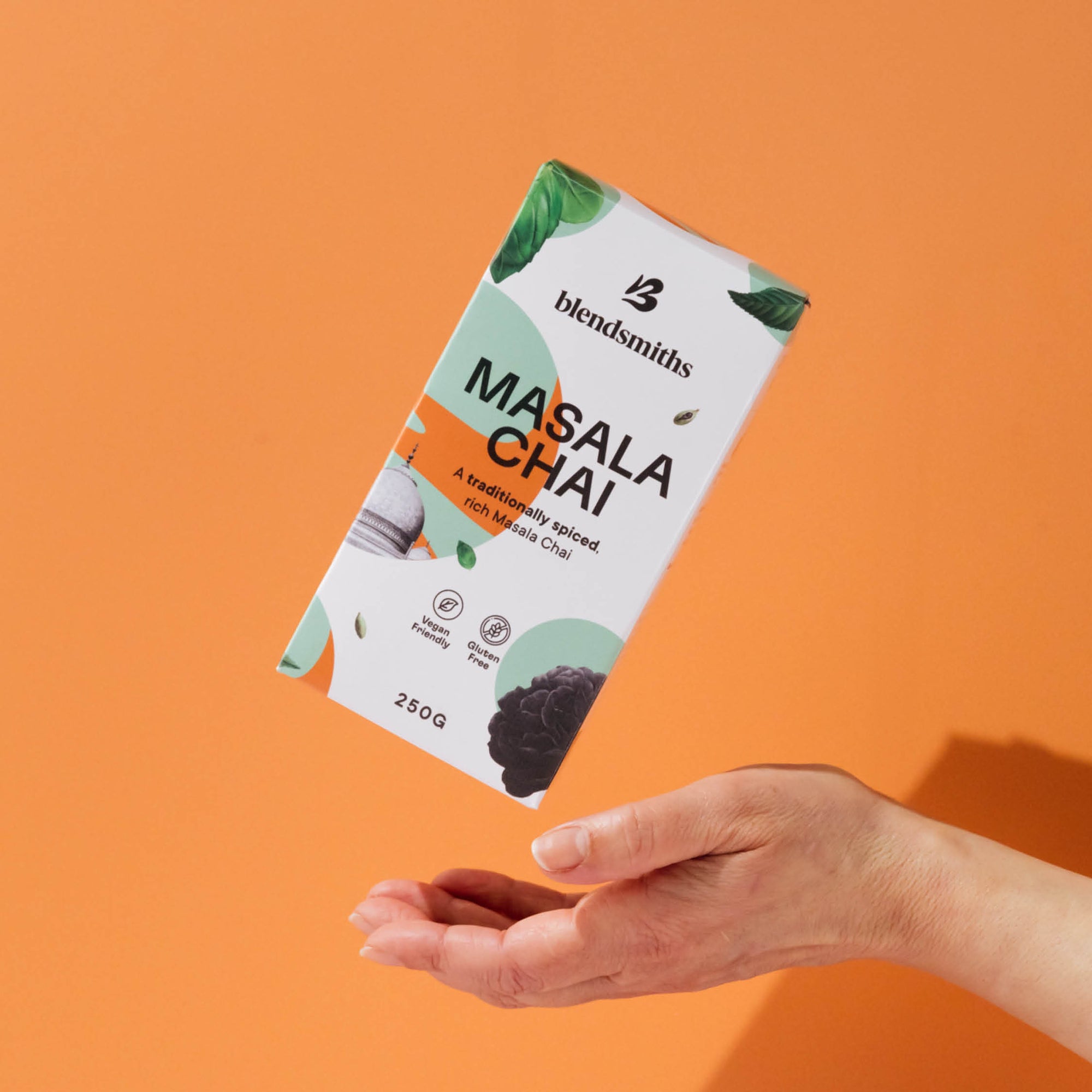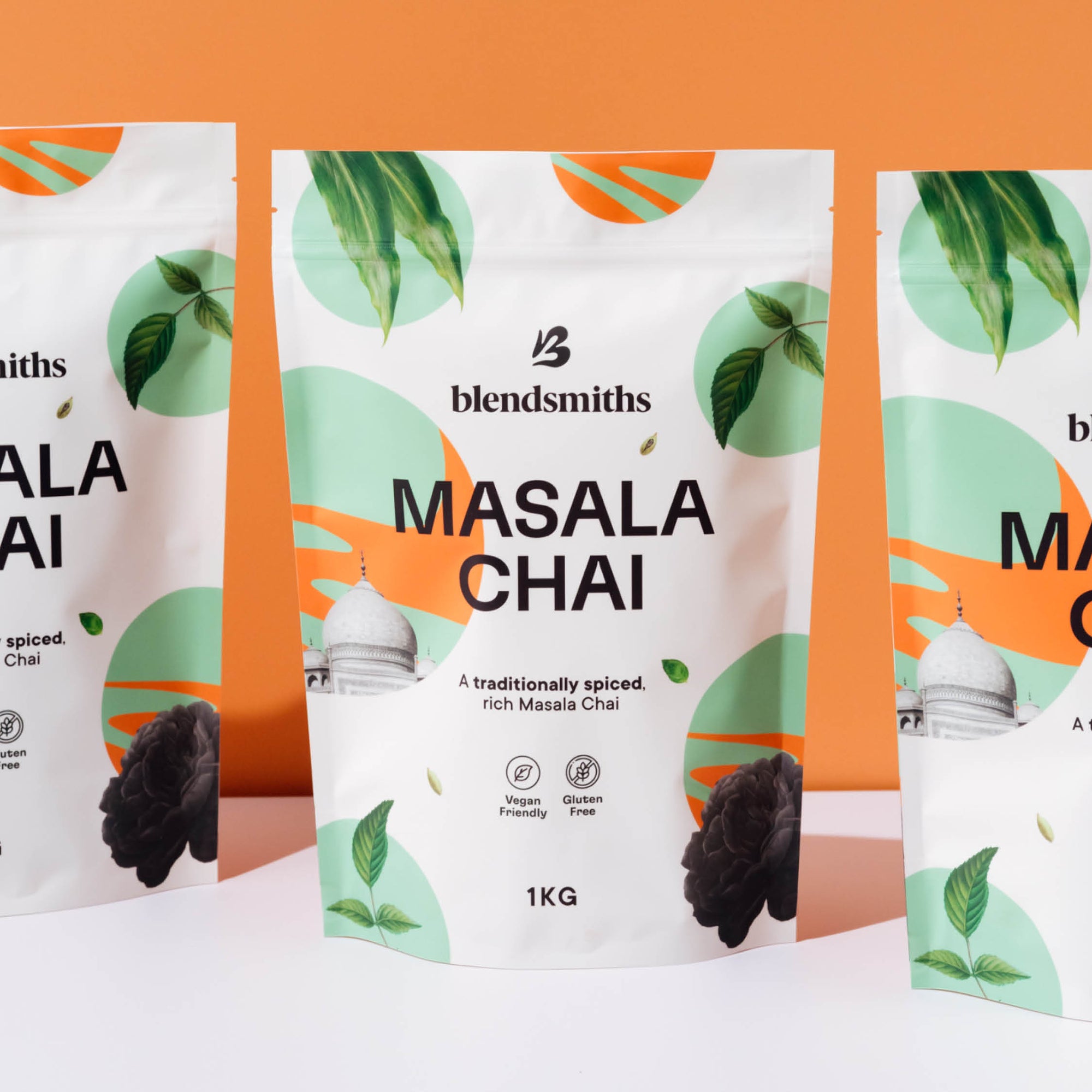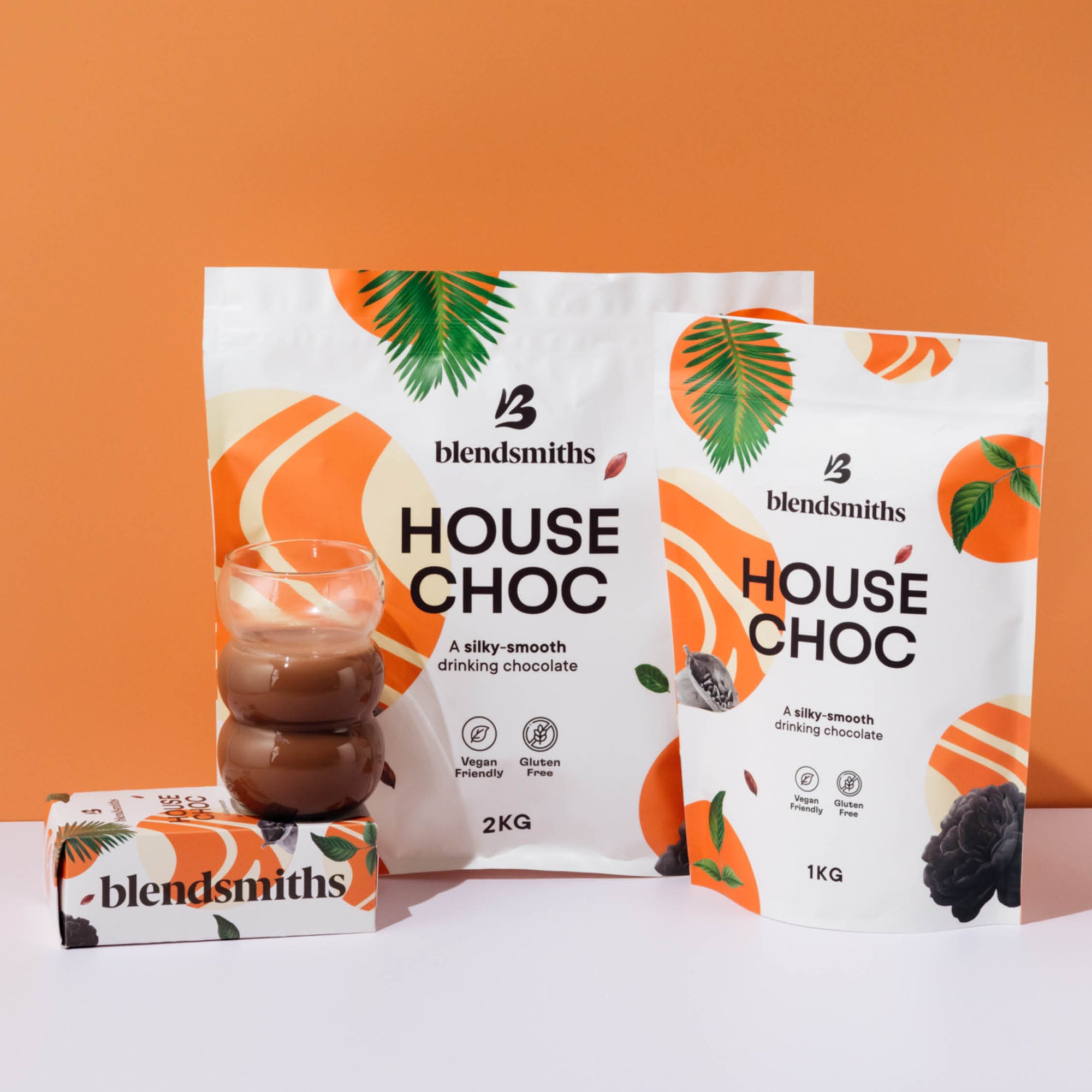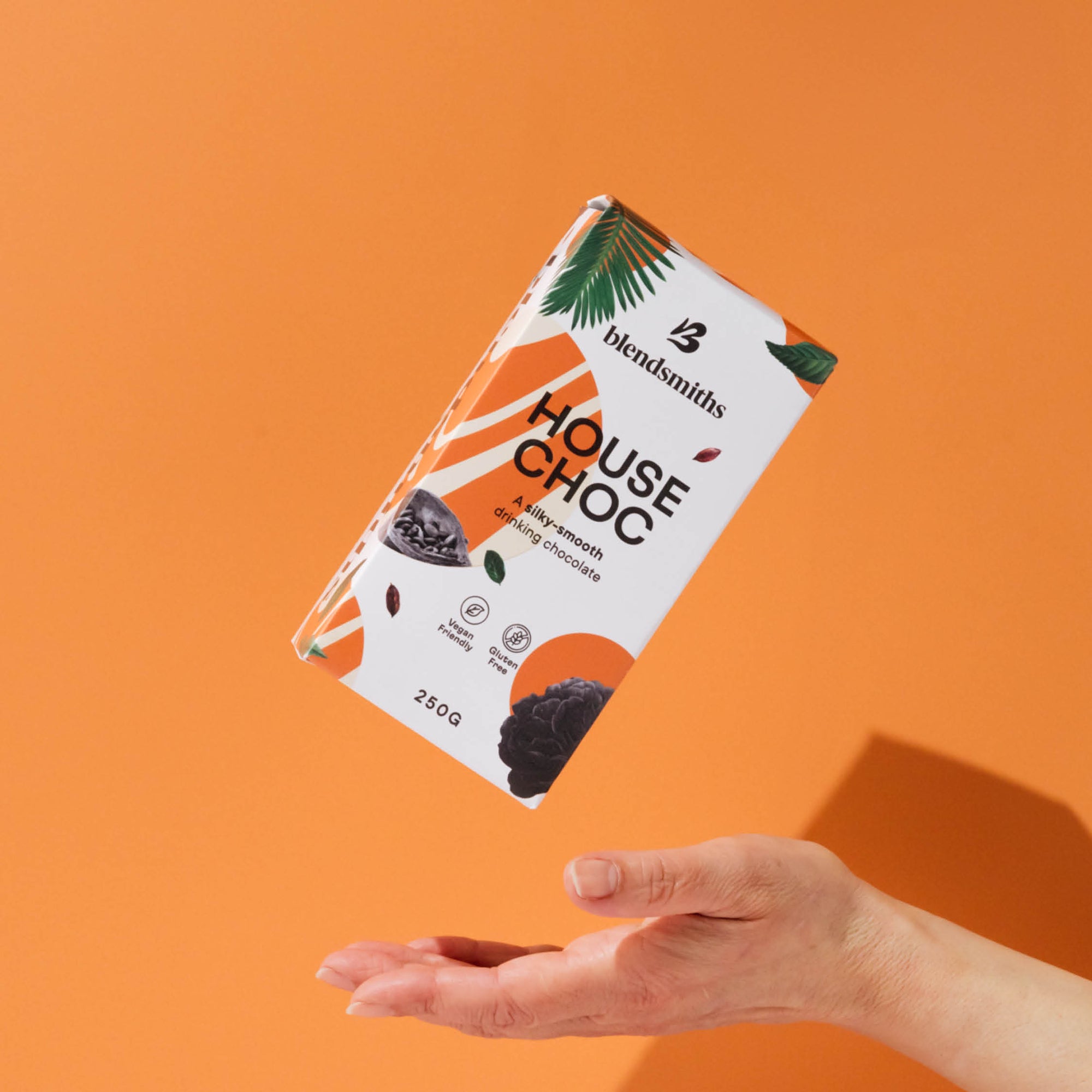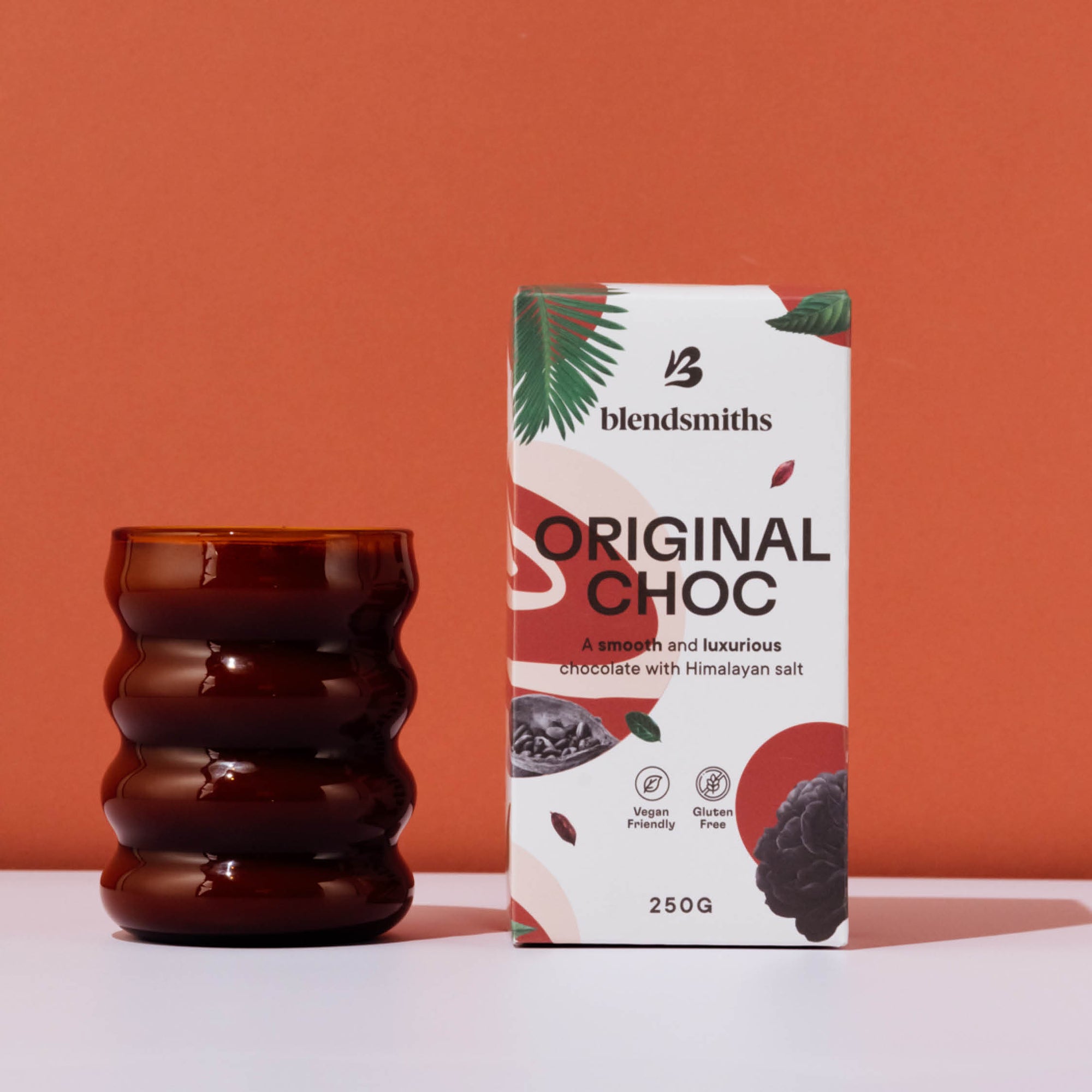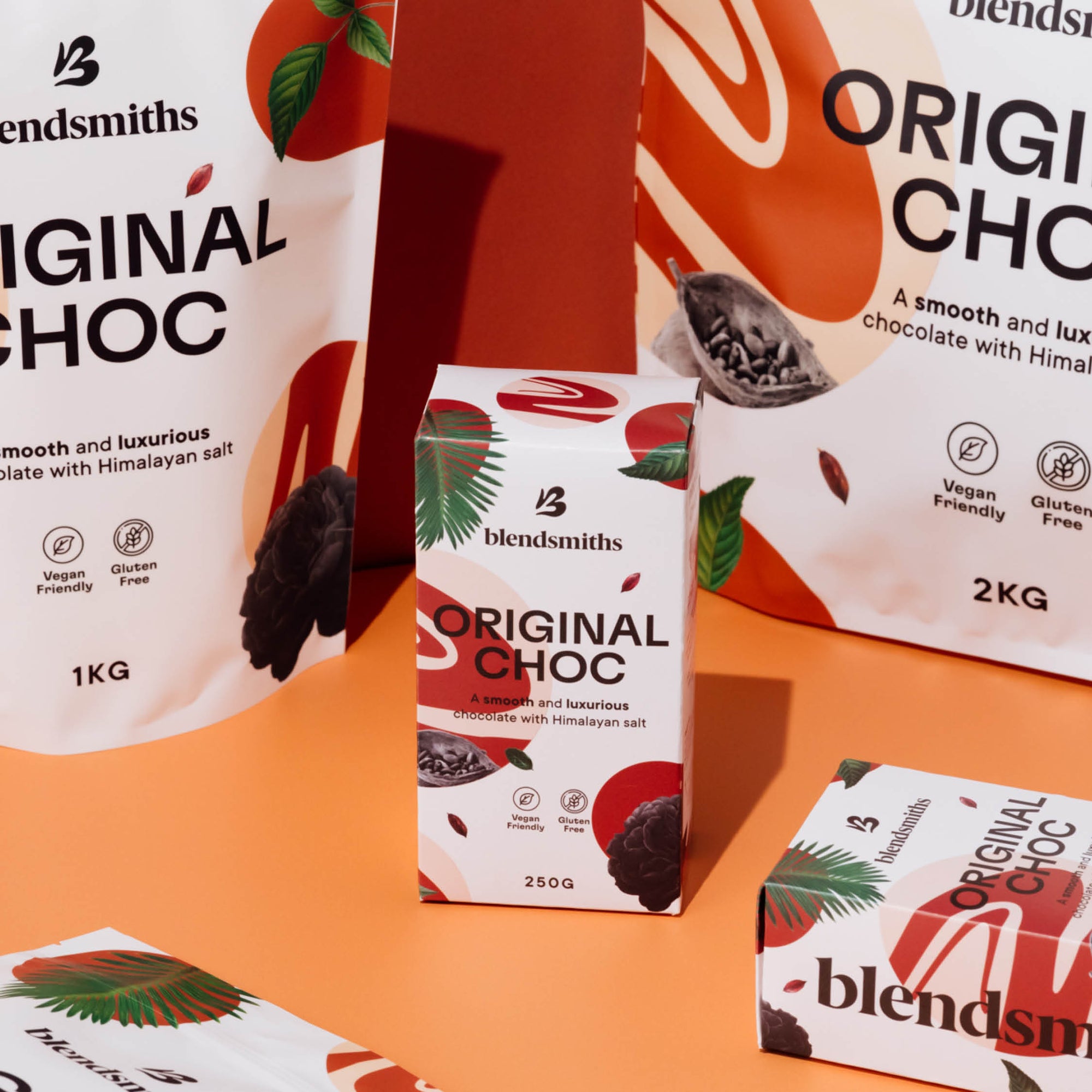· Chris Joll
Navigating the Changing Landscape of the UK Coffee and Hospitality Industry
Service is the lifeblood of the UK’s coffee and hospitality industry. In a post-pandemic world reshaped by rising costs, labour shortages, and digitally savvy customers, the expectation for service has never been higher or more complex to deliver. This blog explores the evolving dynamics of service levels in the UK coffee and hospitality space, the challenges businesses face, where growth is emerging, and how consumer behaviour is shifting.
In cities like London, Brighton, Manchester, and Bristol, the average consumer can choose between dozens of independent cafés and national chains. Quality coffee is no longer a differentiator, it’s expected. What sets businesses apart now is service: speed, friendliness, personalisation, and atmosphere.
Customer experience is becoming the true competitive advantage, especially in independent establishments where brand loyalty is cultivated through consistency and connection.
One of the most critical issues is the ongoing hospitality labour shortage. Post-Brexit immigration rules and pandemic era career shifts have reduced the available workforce. This results in higher workloads for existing staff, service inconsistency, longer training times and staff churn.
With rising wages (driven by inflation and living wage legislation) and increased operating costs, some businesses struggle to offer competitive pay and training, which directly affects service quality and team morale.
UK consumers have become more demanding. Expecting speed and digital convenience. Simultaneously wanting authentic, human centred service. Balancing tech enabled ordering systems with warm, human interactions is now a tightrope walk.
The specialty coffee scene continues to grow in not just the big cities and affluent towns but everywhere. These businesses tend to invest more in barista training, use ethical, traceable sourcing and offer a premium service experience.
Consumers are drawn to places offering more than just coffee: think tasting flights, brewing workshops, or lifestyle spaces (e.g. Grind and Redemption). These brands prioritise a high-touch, memorable customer experience, not just with coffee but across their whole drinks range.
Consumers are increasingly evaluating service through an ethical lens. Key considerations are: Is this business paying its staff fairly? Do they support sustainable practices? Are they inclusive and diverse?
Brands that clearly communicate their values and live them in daily service, see stronger loyalty.
Tech integration is also developing at a rapid pace. From QR-code menus to loyalty apps and self-service kiosks, tech is reshaping the service delivery. But adoption must be careful. Too much tech can feel impersonal and frustrates customers. Afterall, this is a people business.
The winning model is “tech-assisted but human-led” service.
Post-pandemic, coffee shops are regaining popularity as ‘third spaces’, informal meeting spots between work and home and in these environments, customers expect friendly but unobtrusive service, fast Wi-Fi, power sockets and consistency in both the product and environment.
Whilst this new era of consumer has its advantages, filling cover spaces for long periods of time whilst consuming maybe only consume one to two drinks over several hours is a challenge that many sites are facing, with some now introducing "No laptop" policies.
To compete and thrive, UK coffee and hospitality businesses will need to, invest in staff training and well-being, blend efficiency with personal warmth, make values based service part of their brand story and use data and customer feedback to fine tune service strategies.
However, despite economic pressures, there is huge opportunity for businesses that treat service not just as an operational task, but a cultural pillar.
In this fast evolving hospitality landscape, great coffee, matcha, chai and hot chocolate may get customers through the door but great service keeps them coming back. For UK coffee shops, roasteries, and hospitality venues, raising the standard of service is both the challenge and the opportunity.
Service is linked to poor pay and unfulfilled staff. The industry needs to grasp that paying more for one good person is better than paying the minimum for three people, just going through the motions.
I spend a lot of time on the road, visiting cafés, catching up with wholesale partners, listening to what matters to the people behind the bar and those across the counter. One thing has become clear: the businesses that are thriving in 2025 aren’t just selling great coffee or unique blends, they’re delivering standout service.
Let’s be honest, good drinks are now the baseline.
There was a time when offering turmeric lattes or matcha was enough to set you apart. Not anymore. Today, what keeps people coming back isn’t just what’s in the cup (although the quality of ingredients is of course, incredibly important), it’s how it’s served.
Friendly, fast, human. That’s what customers want. And increasingly, they want to feel seen, remembered, even.
